What is the sense of our existence? If you’ve ever asked yourself a question like that, you might know that every great philosopher had his own answer. They wrote massive works trying to explain they vision and understanding of our reality and how a simple human being should interact with the surrounding environment. And it’s pretty difficult to tell the difference between those numerous schools of thought. Especially while those incomprehensible lectures. To get to the bottom of it, let’s imagine their reaction on the same phenomenon. What would each of them say if a brick fell on their feet?
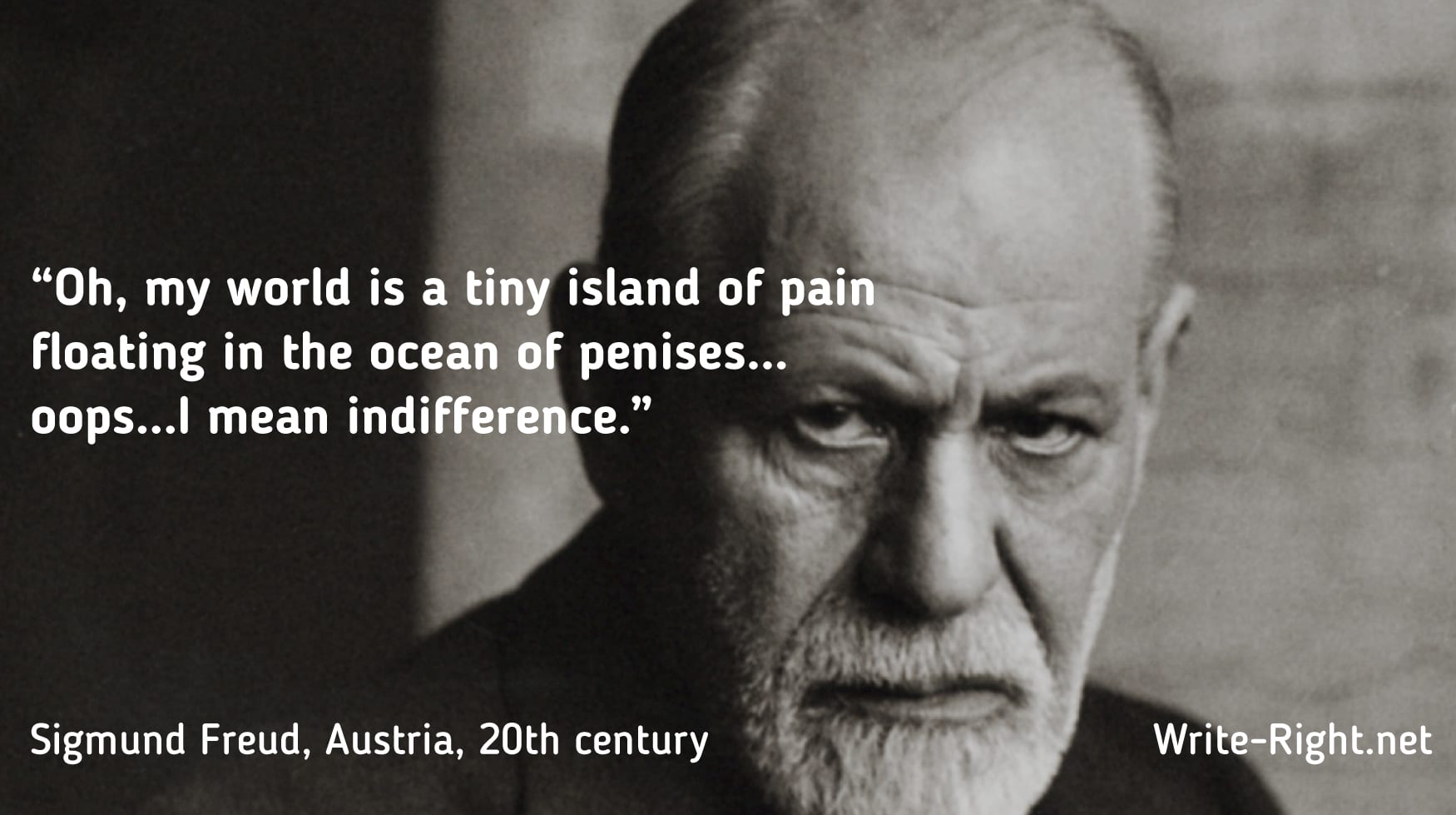

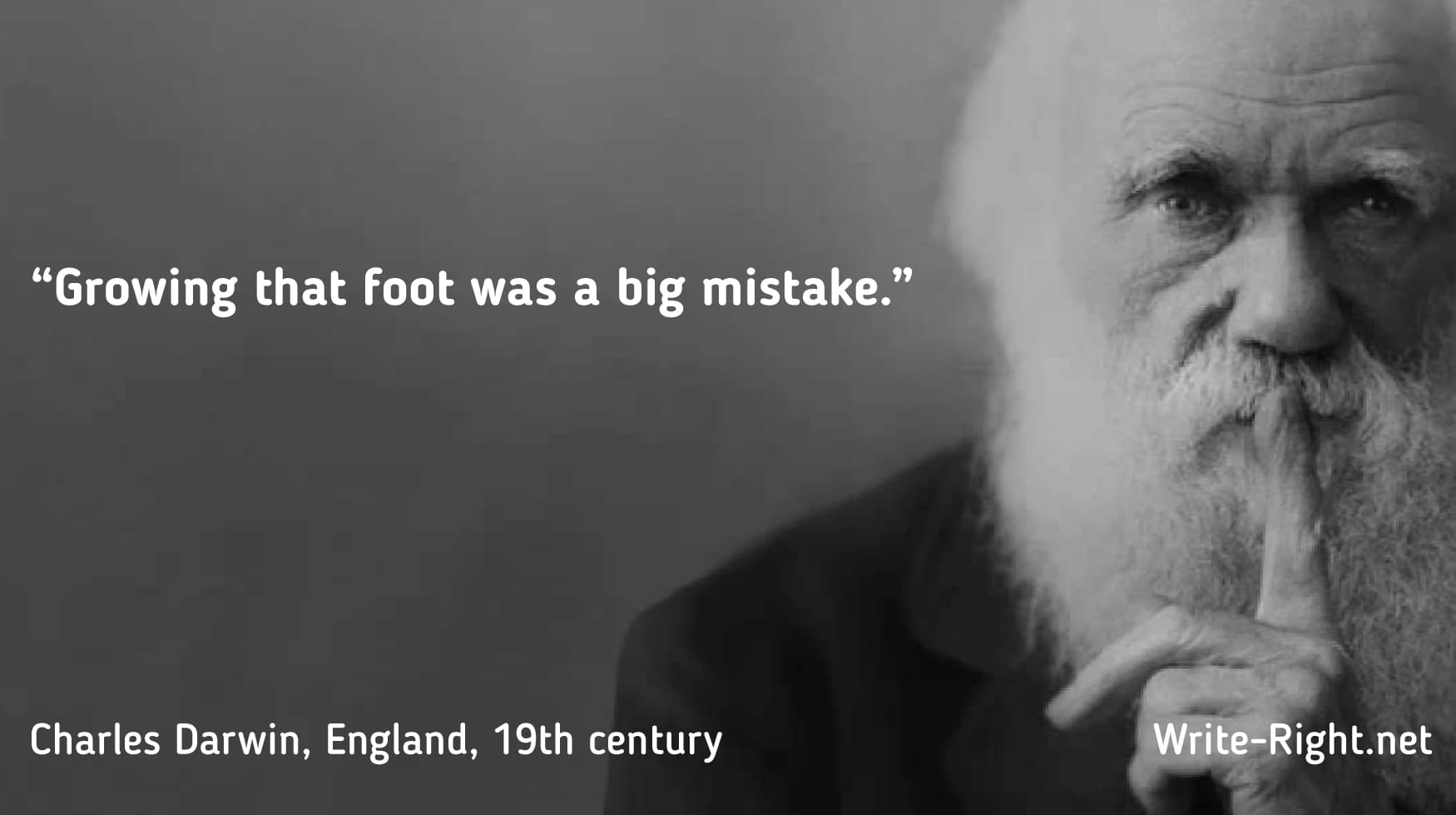
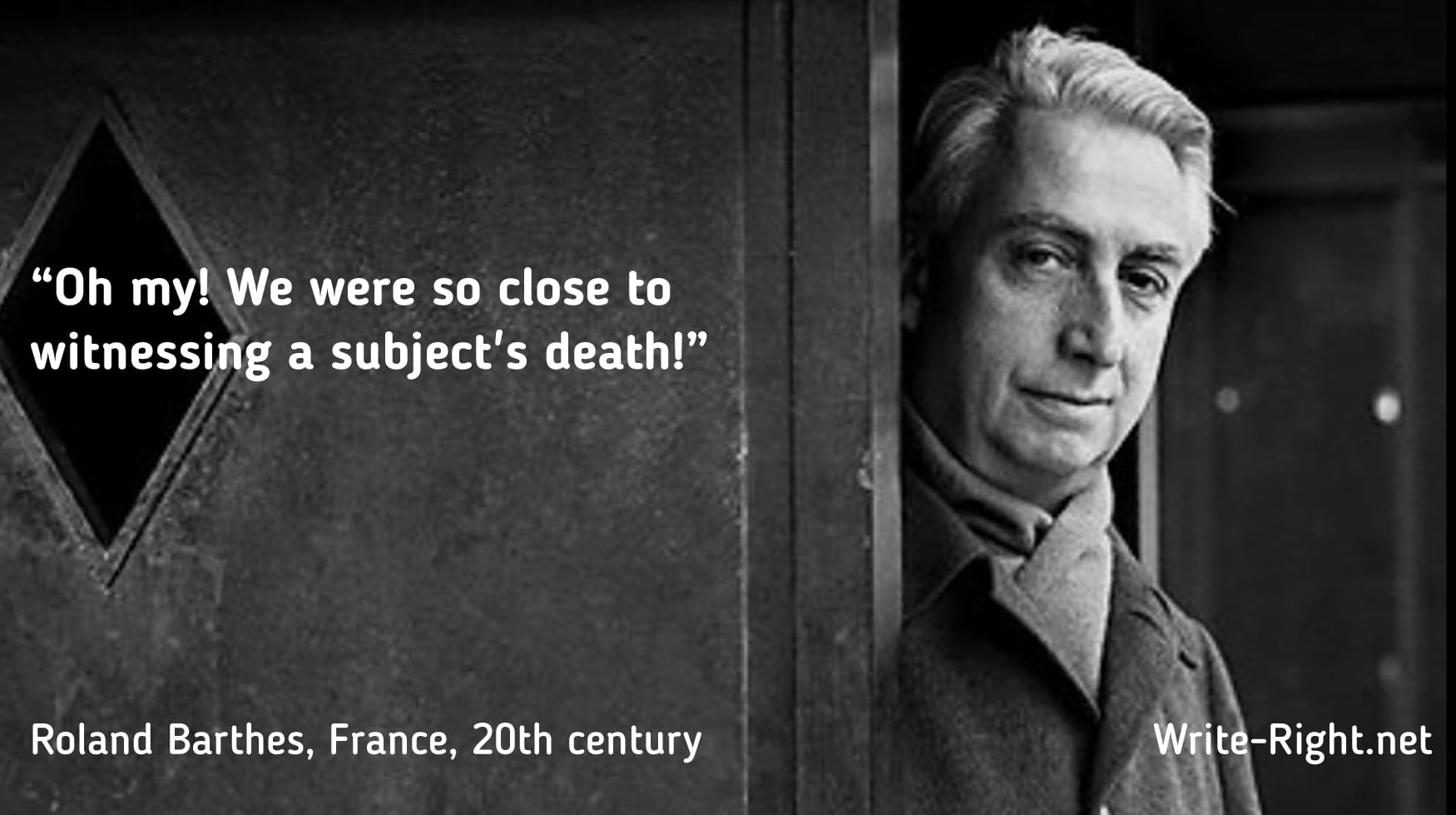
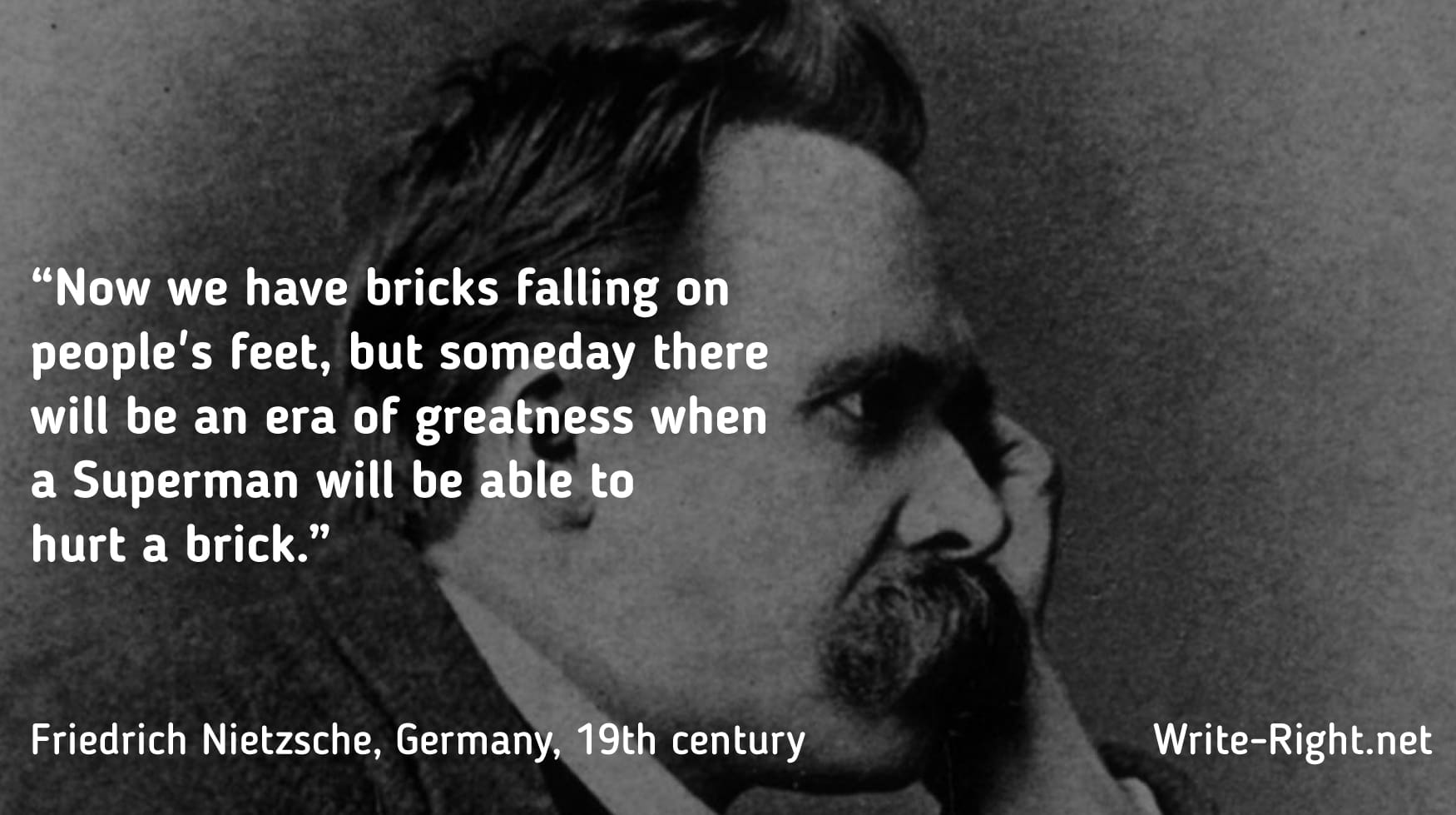
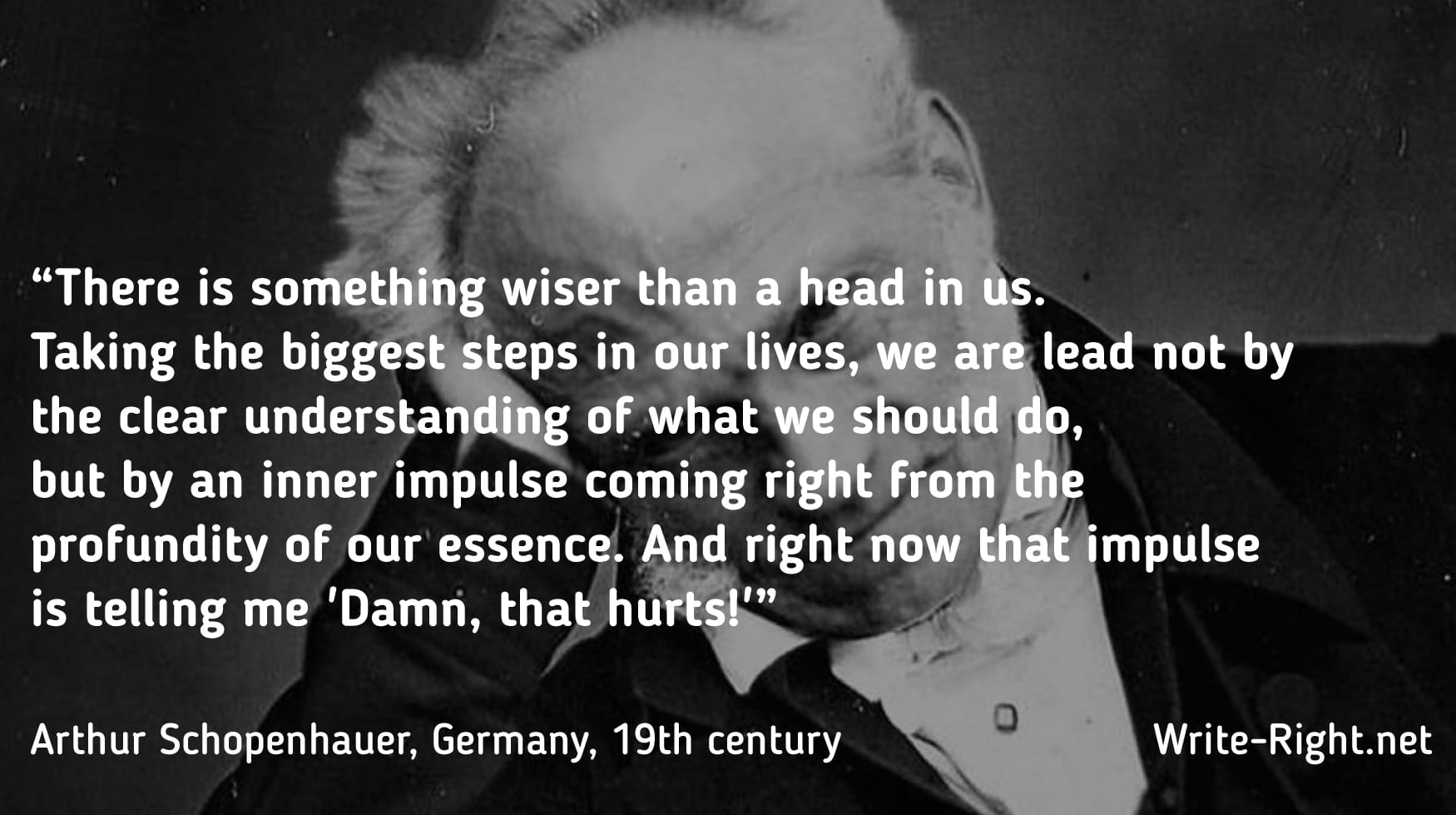
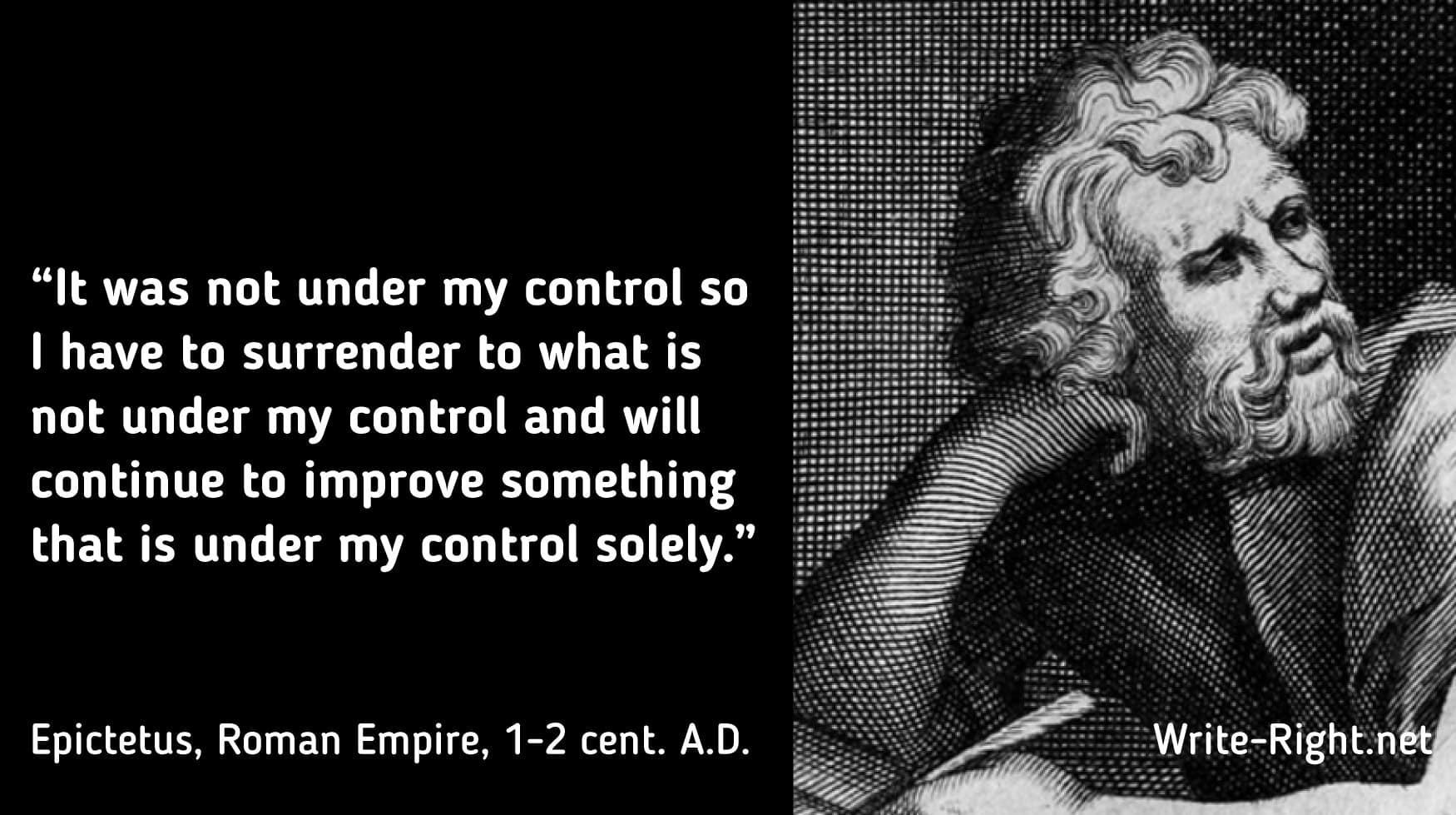
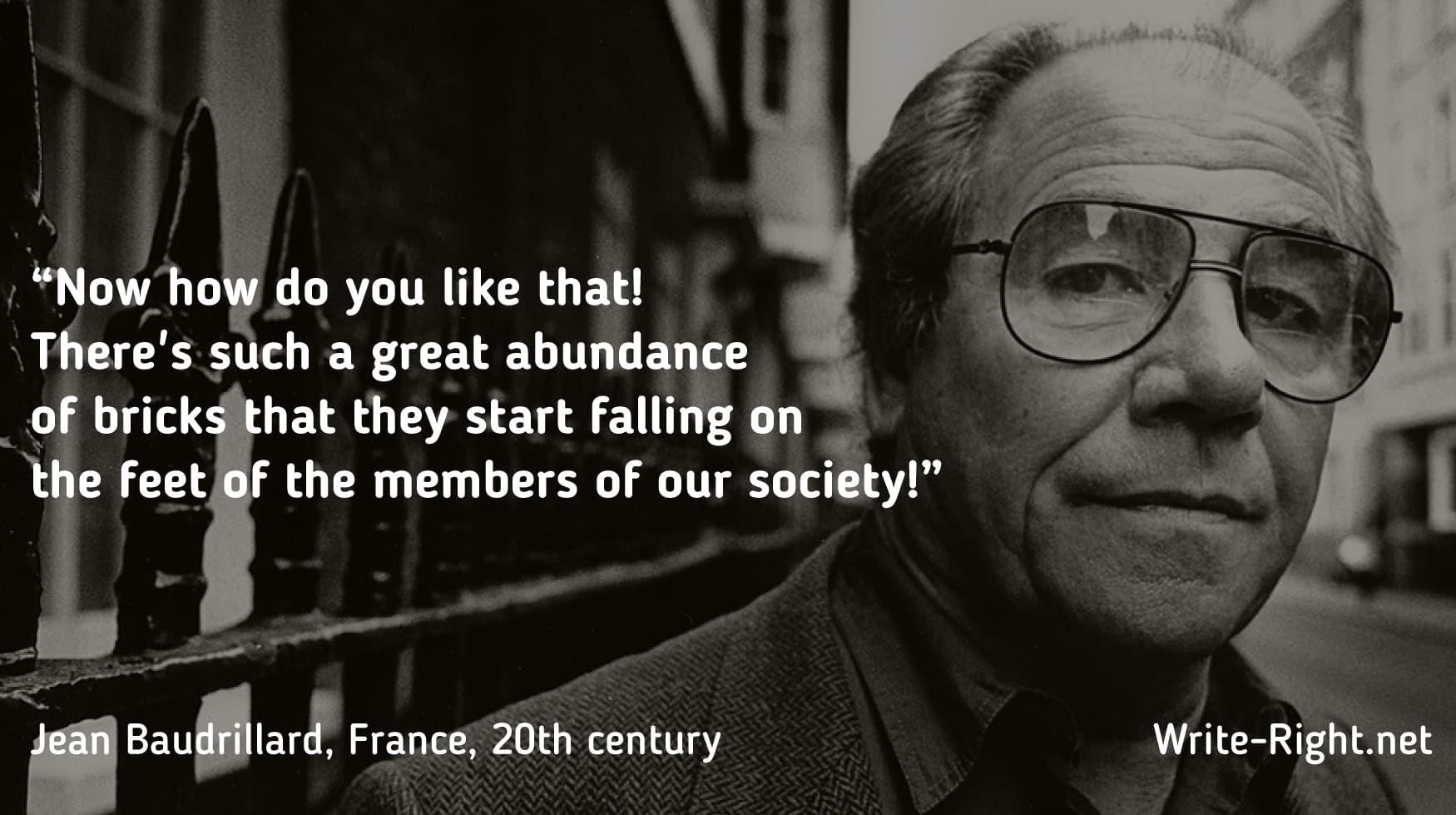

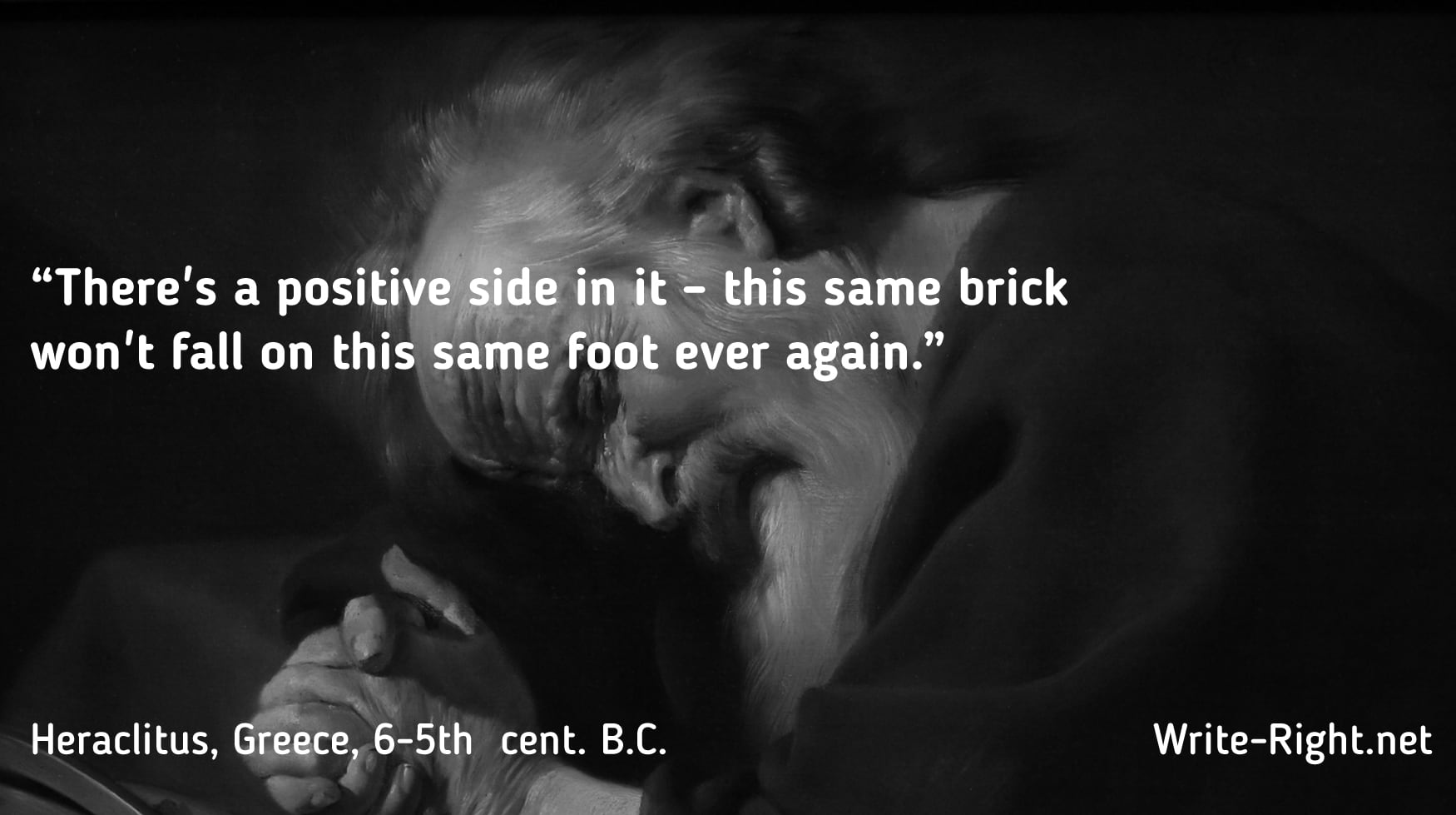
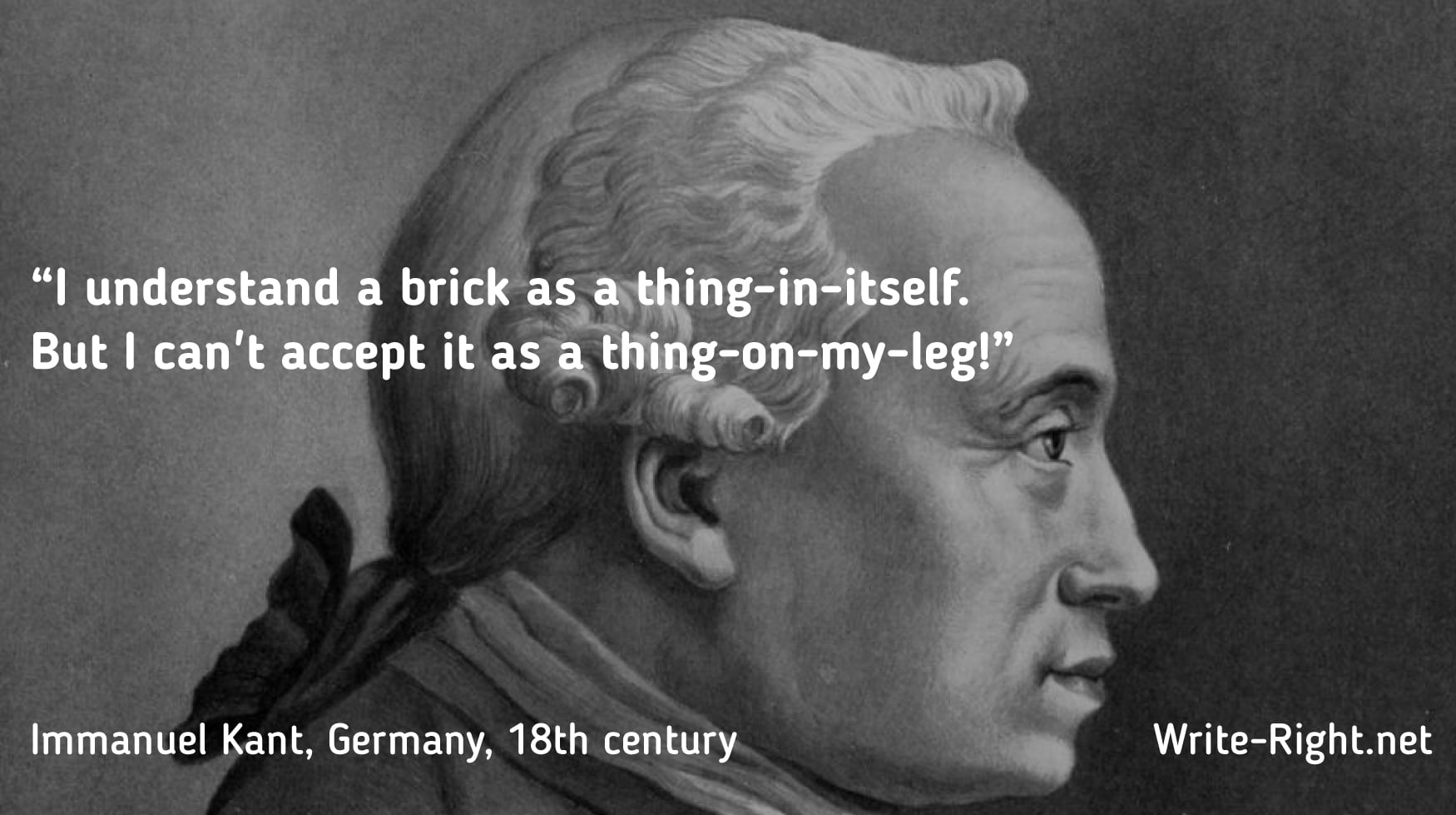
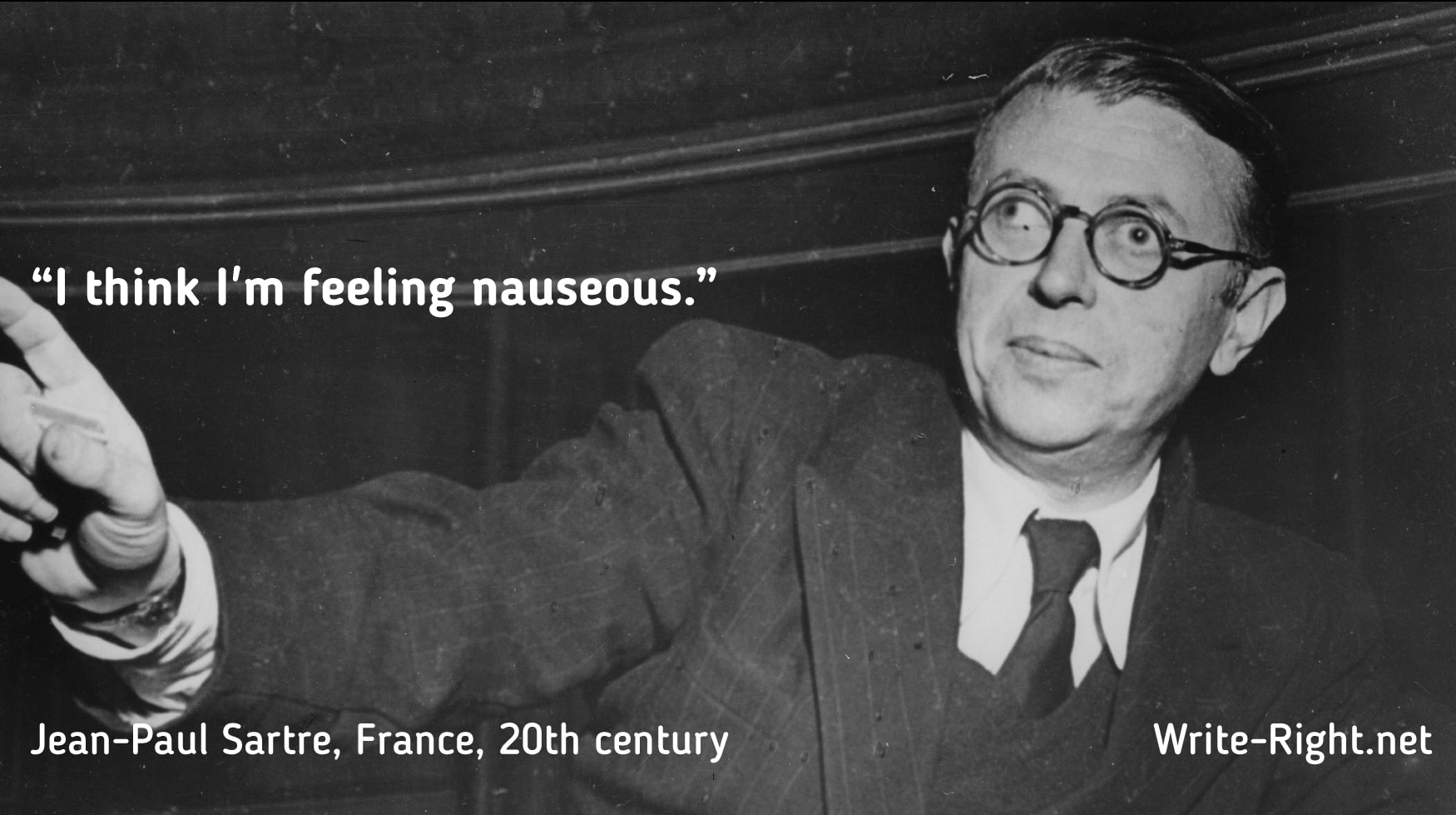
Whant more?
Oh, my world is a tiny island of pain floating in the ocean of penises…oops…I mean indifference.
Sigmund Freud, Austria, 20th century
“I’m swearing like a trooper because of this incredible pain, therefore I am.”
René Descartes, France, 17th century
“Oh my! We were so close to witnessing a subject’s death!”
Roland Barthes, France, 20th century
“Now we have bricks falling on people’s feet, but someday there will be an era of greatness when a Superman will be able to hurt a brick.”
Friedrich Nietzsche, Germany, 19th century
“Growing that foot was a big mistake.”
Charles Darwin, England, 19th century
“There is something wiser than a head in us. Taking the biggest steps in our lives, we are lead not by the clear understanding of what we should do, but by an inner impulse coming right from the profundity of our essence. And right now that impulse is telling me ‘Damn, that hurts!’”
Arthur Schopenhauer, Germany, 19th century
“It was not under my control so I have to surrender to what is not under my control and will continue to improve something that is under my control solely.”
Epictetus, Roman Empire, 1-2 cent. A.D.
“Now how do you like that! There’s such a great abundance of bricks that they start falling on the feet of the members of our society!”
Jean Baudrillard, France, 20th century
“We shouldn’t harm one another because we are all equal. So shame on you, brick!”
John Locke, England, 17-18th century
“I think I’m feeling nauseous.”
Jean-Paul Sartre, France, 20th century
“I understand a brick as a thing-in-itself. But I can’t accept it as a thing-on-my-leg!”
Immanuel Kant, Germany, 18th century
“There’s a positive side in it – this same brick won’t fall on this same foot ever again.”
Heraclitus, Greece, 6-5th cent. B.C.
“If some brick strives to fall on some foot being on some distance from it, that brick will never approach it! Why am I in such a pain then?”
Zeno of Elea, Greece, 5th cent. B.C.
“Oh brick, you shouldn’t worry that you’ve fallen. You should rise every time you fall to show us your glory!”
Confucius, China, 6-5th cent. B.C.
“All that moves should be moved by something else. And if that something that makes all to move also moves, it should be also moved by something else. Therefore, we definitely need to find that initial something that moves but is not moved by anything else – God. Oh my goodness, there’s a brick.”
Thomas Aquinas, Italy, 13th century
“A virtue is the result of knowledge. If a brick was indeed intelligent and kind it would have never hurt me. Therefore, this brick is a rascal.”
Socrates, Greece, 5th cent. B.C.
“A brick would never fall on one’s foot in my utopian world.”
Thomas More, England, 16th century
“I don’t want to label that brick, but it is a bastard.”
Søren Kierkegaard, Denmark, 19th century
